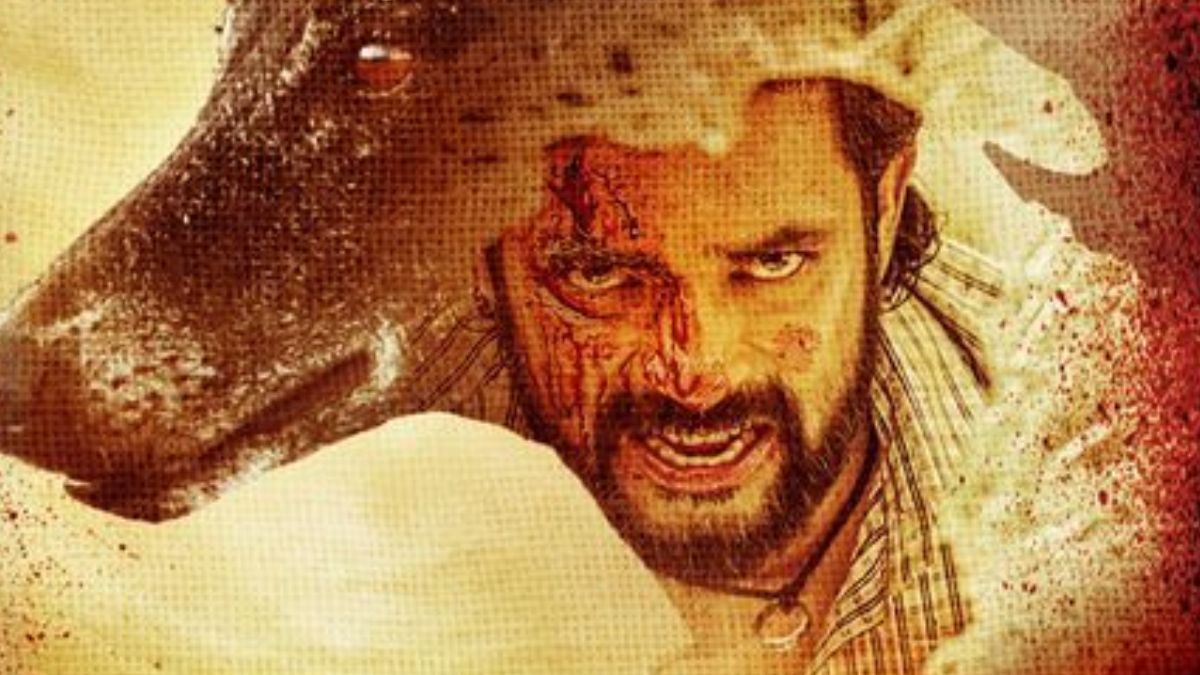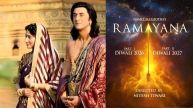Fifteen minutes into director Pavithran’s caste-based film, and I knew I had seen this in another language. Sure enough, Karki is a remake of 2018’s Tamil film Pariyerum Perumal, and a completely unnecessary one.
Of course, all remakes are unnecessary unless the original is taken to another level of articulation.
This one brings down the original’s scathing commentary on casteism to a streetside propaganda play where you get a plate of free snacks for sitting through the presentation. The oil-free snack here is the comedy track featuring the bucolic protagonist Muttu (Jai Prakash Reddy) and his classmate (Sadhu Kokila). Their hideous boorish “comedy” track does more disservice to the serious issue of caste based romance than anything else.
Not that the film brags of any remarkable virtues. The presentation is borderline tacky, with the shots and frames often looking like they have been executed randomly with no clear structure or vision in mind. The village scenes, where the metaphor of an endangered canine community comes in as a crucial plotting device, are hazy and shot indifferently.
The brutal violence aimed at sections of the lower caste emerges in fits and starts. Never acquiring the immediacy it did in the original. This is due largely to the all-around poor acting in this tacky remake. The veteran killer on the prowl in the original, who was hired by the upperclass heroine’s father to kill the Dalit protagonist, here seems a random, inconspicuous figure.
Karki, unlike the original, lacks the cutting edge. It fails to go that extra mile in pursuit of those elusive socio-political factors which underline caste disparities in our society. All we see is a boy mouthing factional allegiances, when in college, he wants the language in the classroom to be Kannada rather than English.
Ironically, “learning English” becomes a metaphor for progress in the shallow scheme of the storytelling, with Muttu’s love interest Jo (Meenakshi Dinesh) taking it upon herself to teach Muttu how to communicate in the urban language.
Frequently, the narrative seems to argue against its own line of reasoning. Muttu is assaulted by Jo’s father’s henchmen at a wedding. Eventually, Mutti is seen sitting with Jo’s father. This social “equalisation” suggests some kind of a victory for the caste-challenged hero when, in fact, the rot seeps to a much deeper level.
By simplifying the war between the empowered and the underdogs (with the plight of the underdogs being aligned clumsily to dogs), a film such as this does more disservice than anything else to the ongoing battle for equality. We don’t know when the caste system will be eradicated. A film like this is of no help.











